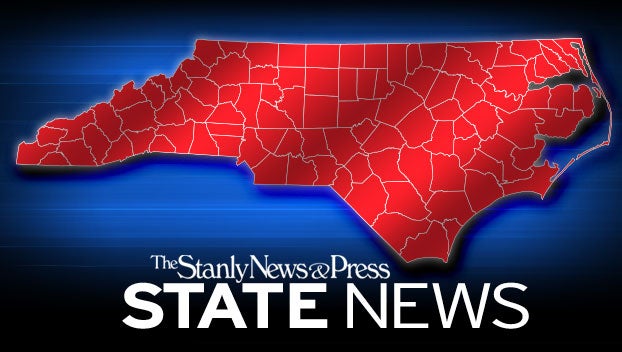Cooper issues executive order forbidding utility shutoffs
Published 1:41 pm Thursday, April 2, 2020
|
Getting your Trinity Audio player ready...
|
On Tuesday, Gov. Roy Cooper signed an executive order prohibiting utilities from shutting off services to people who are unable to pay. His action orders that electric, gas, water and wastewater services can’t be shut off for the next 60 days.
The order also directs utilities to give residential customers at least six months to pay outstanding bills and prohibits them from collecting fees, penalties or interest for late payments. Landlords are also strongly encouraged in the order to “follow the spirit” of N.C. Supreme Court Chief Justice Cheri Beasley’s order and delay any evictions that are already entered in the court system.
Cooper also encouraged telecommunication companies that provide phone, cable and internet services to follow the same rules and for banks to not charge customers for overdraft fees, late fees and other penalties.
“People should pay their bills, and the vast majority want to and do,” Cooper said in a news conference. “But during this crisis, some just don’t have enough money.”
North Carolina has 1,857 confirmed coronavirus cases as of Thursday, including 16 deaths and 184 people currently hospitalized, according to the state’s Department of Health and Human Services. Stanly County has five positive cases.
Albemarle City Manager Michael Ferris said the city suspended utility disconnections more than two weeks ago, “so we were doing this voluntarily, well ahead of the Order.”
“It was felt that with the need for good hygiene practices, this is something that could be done for a period of time to help the situation,” Ferris said. “The decision included water, sewer, electric services.”
County Manager Andy Lucas said the majority of municipalities across the state, including Stanly, have been either suspending services or were planning on doing so and Cooper’s order simply formalized the process.
“We know we need to keep people’s water on,” Lucas said. “They have to be able to wash their hands.”
But Lucas said the services are not free; people that have outstanding bills will still need to pay them — they’ve just been given more time to come up with the money, especially if they have been recently laid off or furloughed.
“At the end of the day if you owe, you’re still going to have to pay at some point,” Lucas said.






